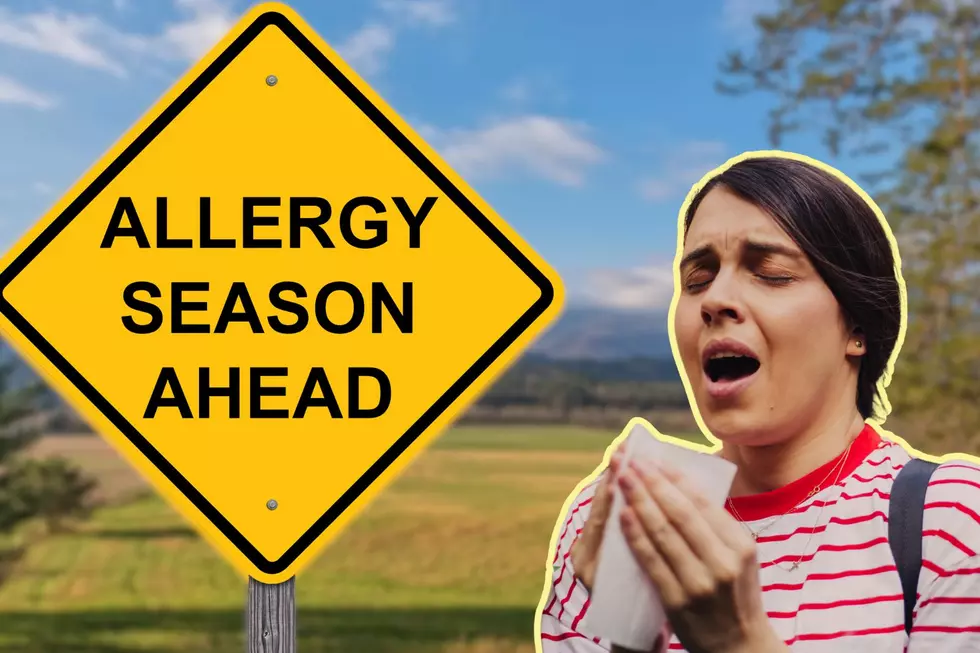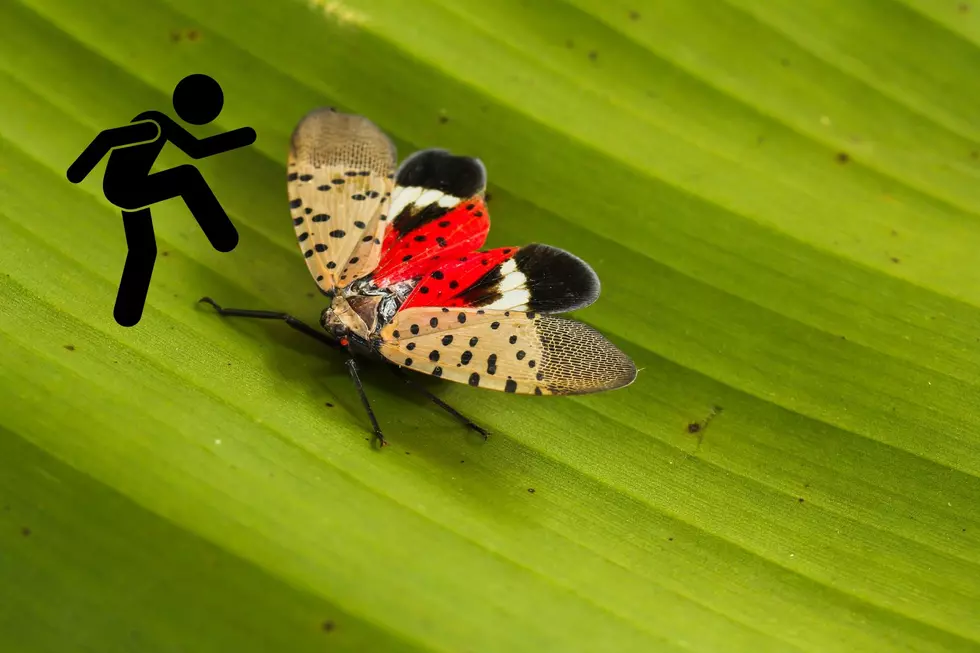
10 Steps NJ Residents Should Take To Conquer Spring Allergies EARLY
If you're anything like me, you might already be feeling that little tickle in the back of your throat. Is your nose starting to get stuffy, too? You know you're not sick because you feel absolutely fine in every other way. You know what's coming.
Say it with me: spring allergies.

We've had some pretty chilly days during the early spring weeks, but it'll soon be getting warmer and warmer. Before you know it, allergy season will be here in full force. If you don't get a handle on your sniffles before it's too late, you'll be wrecked for the beginning of summer. Don't do that to yourself!
via GIPHY
When is spring allergy season?
Sources report that the peak of pollen season will be in late May. Combatting spring allergies early can help alleviate symptoms and improve your overall quality of life during that time. Here are some suggestions for you to try:
via GIPHY
How to defeat allergies before they start
1.) Start medication early: If you know you suffer from spring allergies, it's a good idea to start taking allergy medication before symptoms begin. Nasal sprays like Flonase can also be helpful for nasal symptoms.
2.) Monitor pollen counts: Check daily pollen forecasts, which are often available through weather websites or apps. When pollen counts are high, try to stay indoors as much as possible.
3.) Keep windows closed: While it's tempting to let in fresh air during spring, keeping windows and doors closed can help prevent pollen from entering your home.
4.) Use air conditioning: Running an air conditioner in your home and car can help filter out pollen. Make sure to change the filters regularly!
5.) Keep indoor air clean: Use a high-efficiency particulate air (HEPA) filter in your home to trap airborne allergens. Regularly vacuum and dust, too!
6.) Shower after being outdoors: Pollen can stick to your hair and skin, so showering and changing clothes after spending time outside can help remove allergens and prevent them from spreading throughout your home.
7.) Wear a mask when doing outdoor activities: If you have to spend time outdoors during high pollen times, wearing a mask can help filter out pollen and reduce your exposure.
8.) Limit outdoor activities: If pollen counts are particularly high, try to limit your time outdoors.
9.) Consider allergy shots: If over-the-counter medications aren't effective in controlling your symptoms, talk to your doctor about immunotherapy. These injections can help desensitize your immune system to allergens over time, eventually leading to long-term relief from symptoms.
10.) Consult with an allergist: If you're struggling to manage your spring allergies, consider seeing an allergist who can help identify your specific triggers and develop a personalized treatment plan.
By taking these proactive measures, you can reduce your exposure to allergens and minimize the severity of your spring allergy symptoms.
Happy spring!
You may also want to try switching up your diet to help with allergies...
Struggling With Seasonal Allergies? Try These Foods
Gallery Credit: Brett Alan
8 Uncommon Symptoms You May Not Realize Are Caused By Allergies
Gallery Credit: Boris



